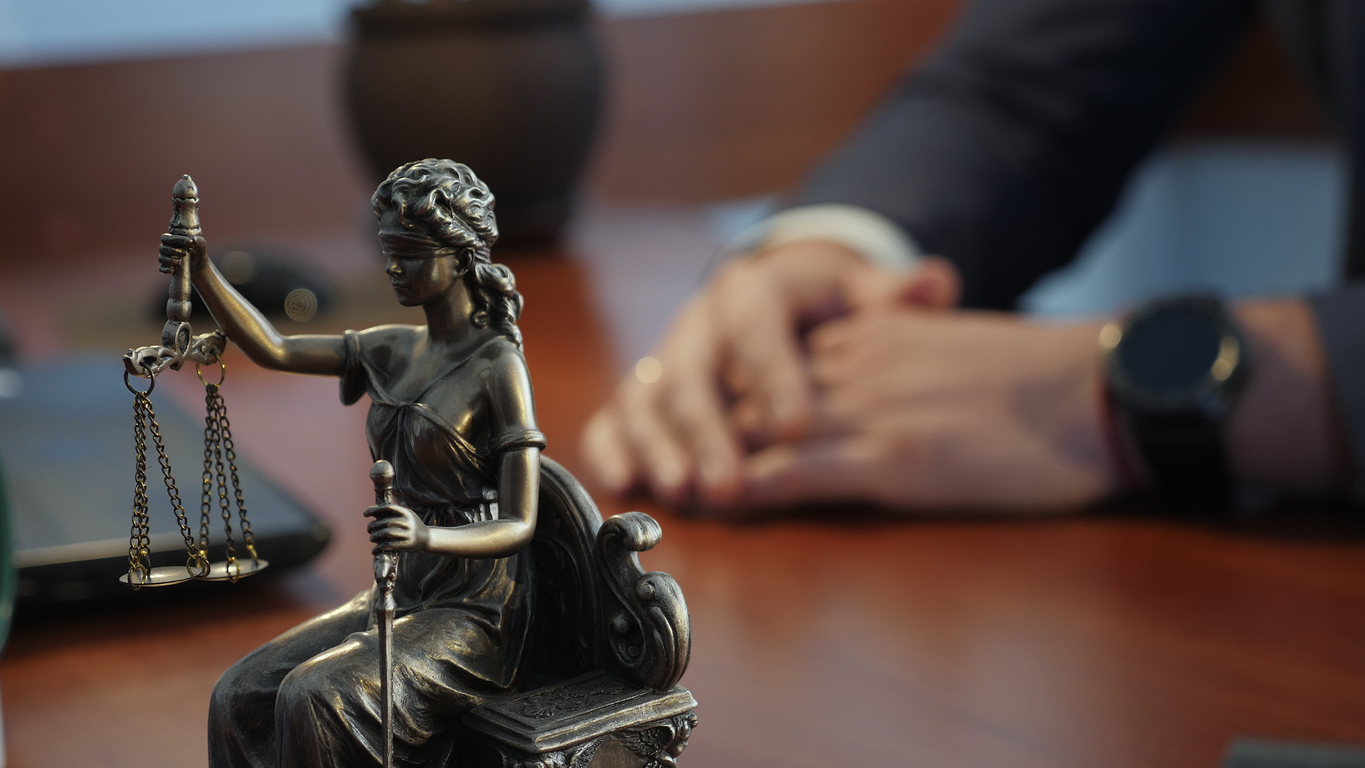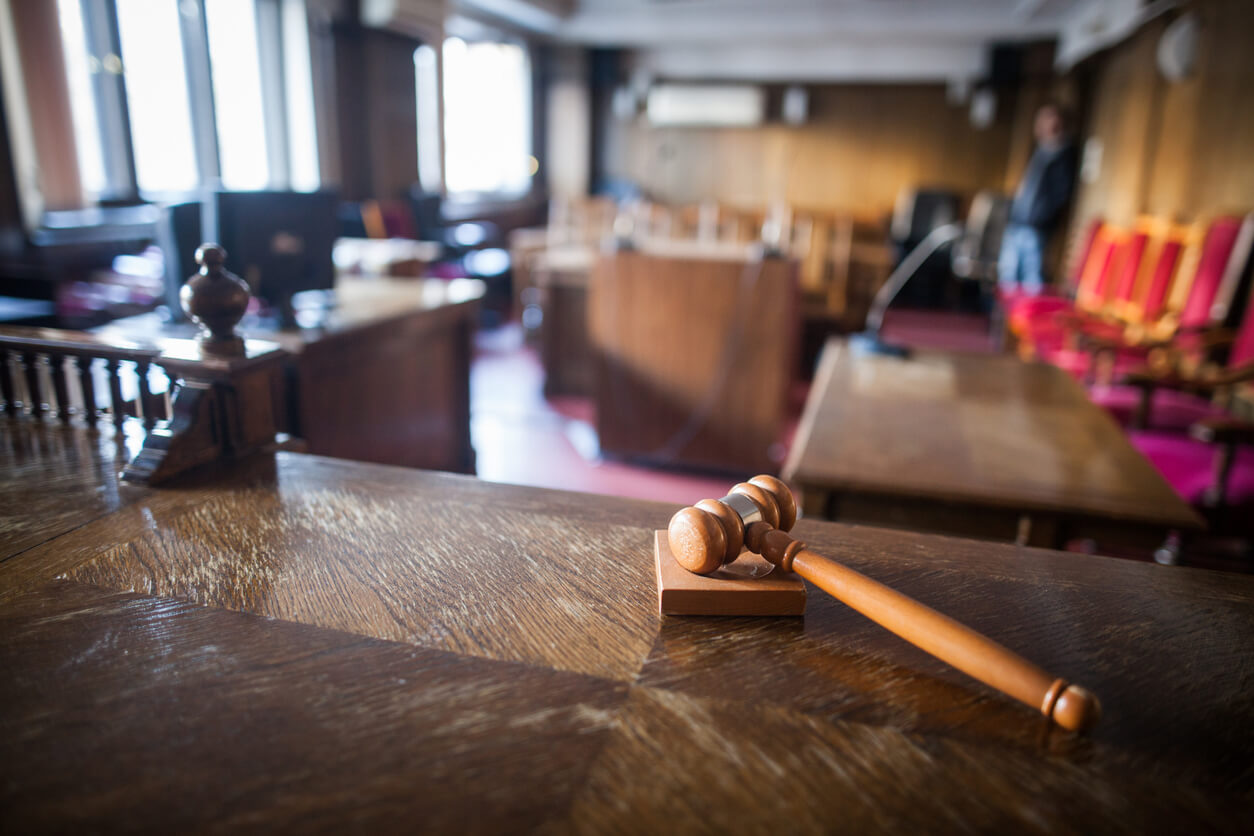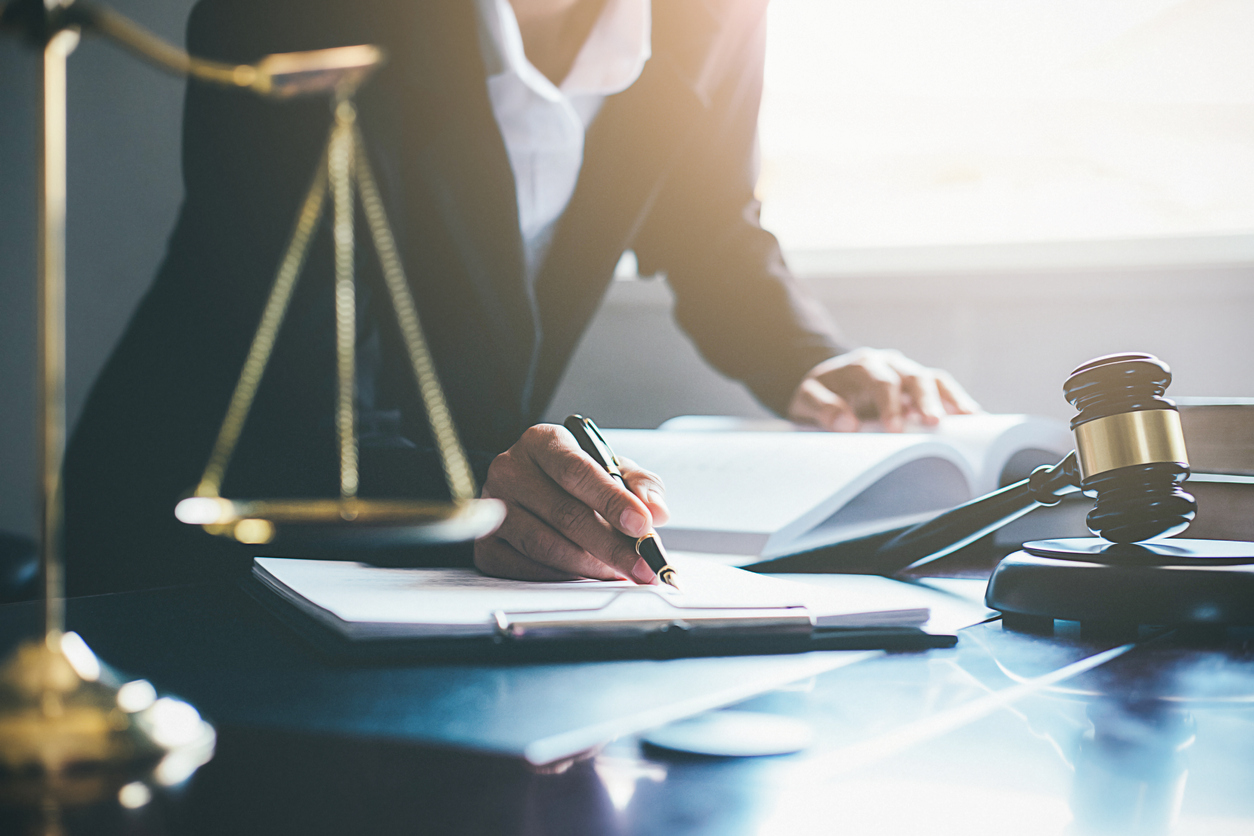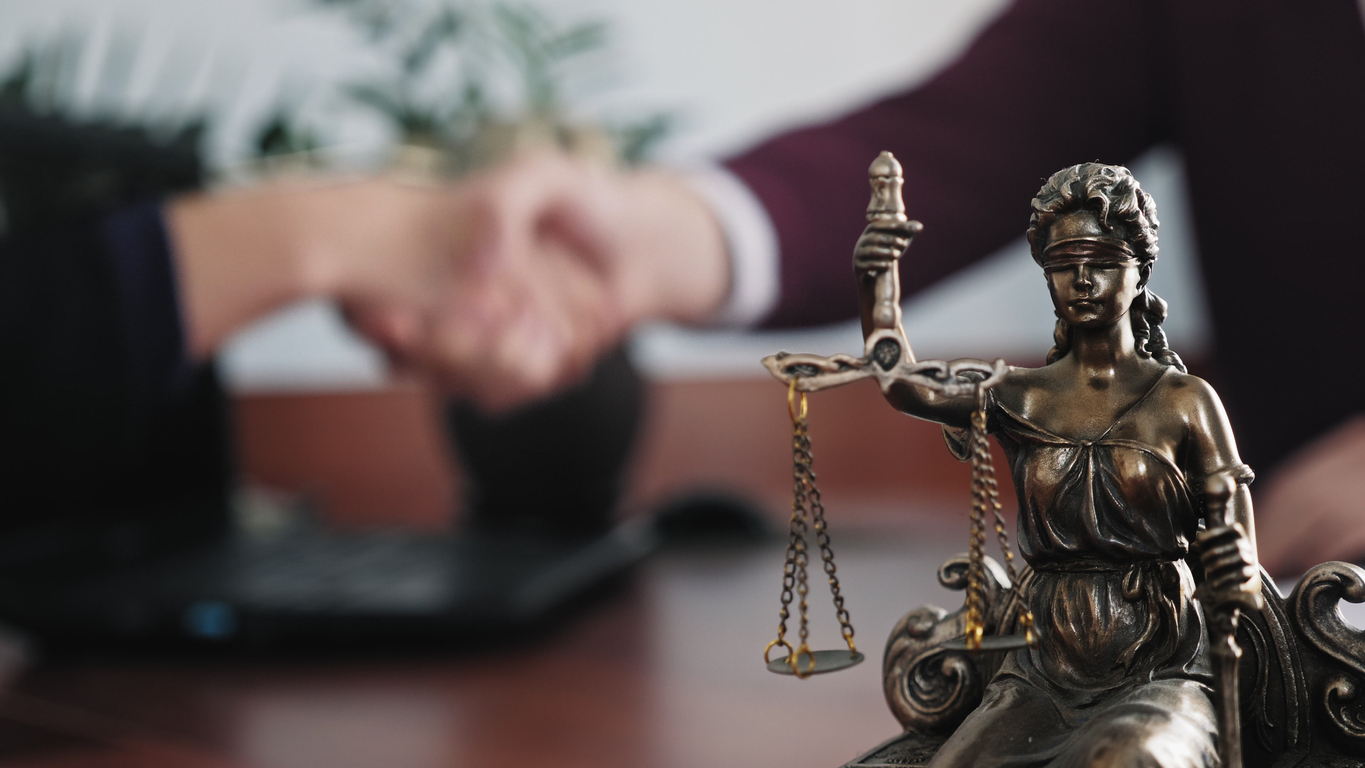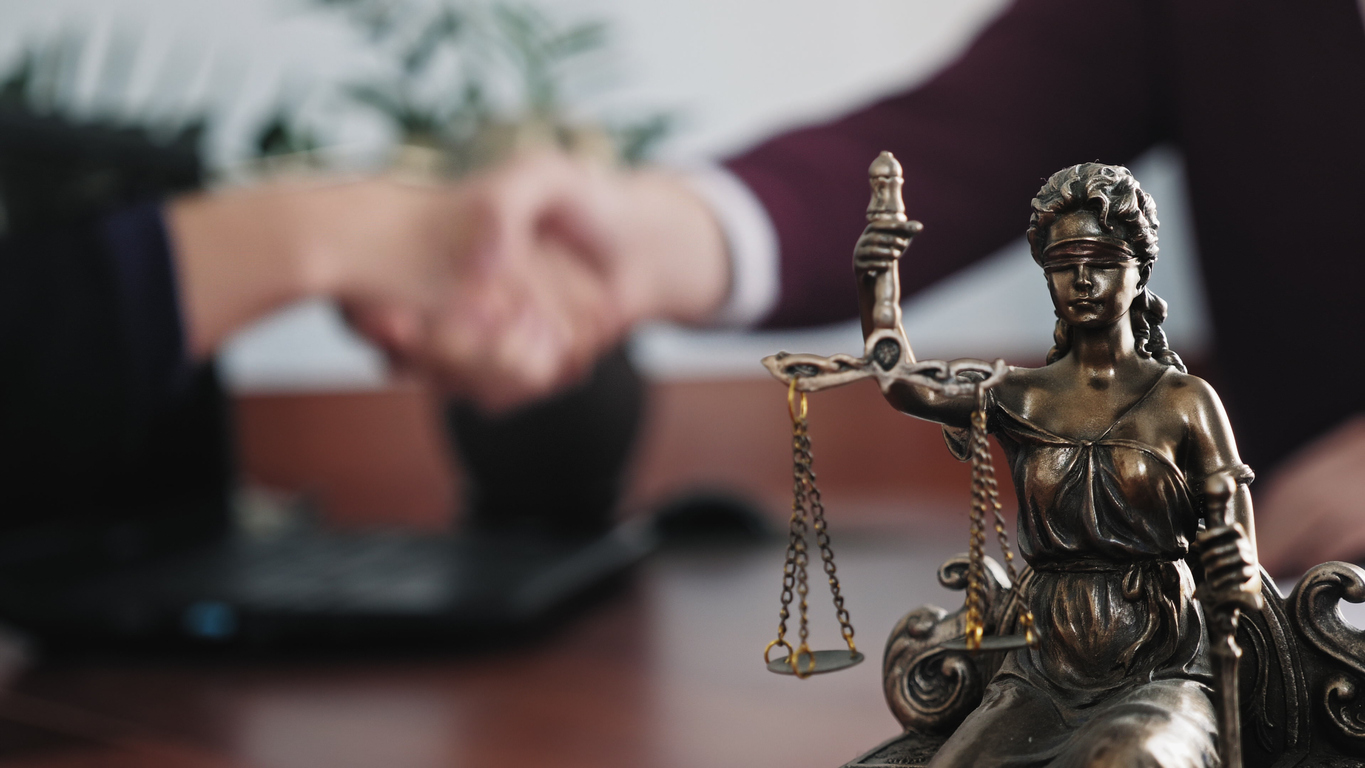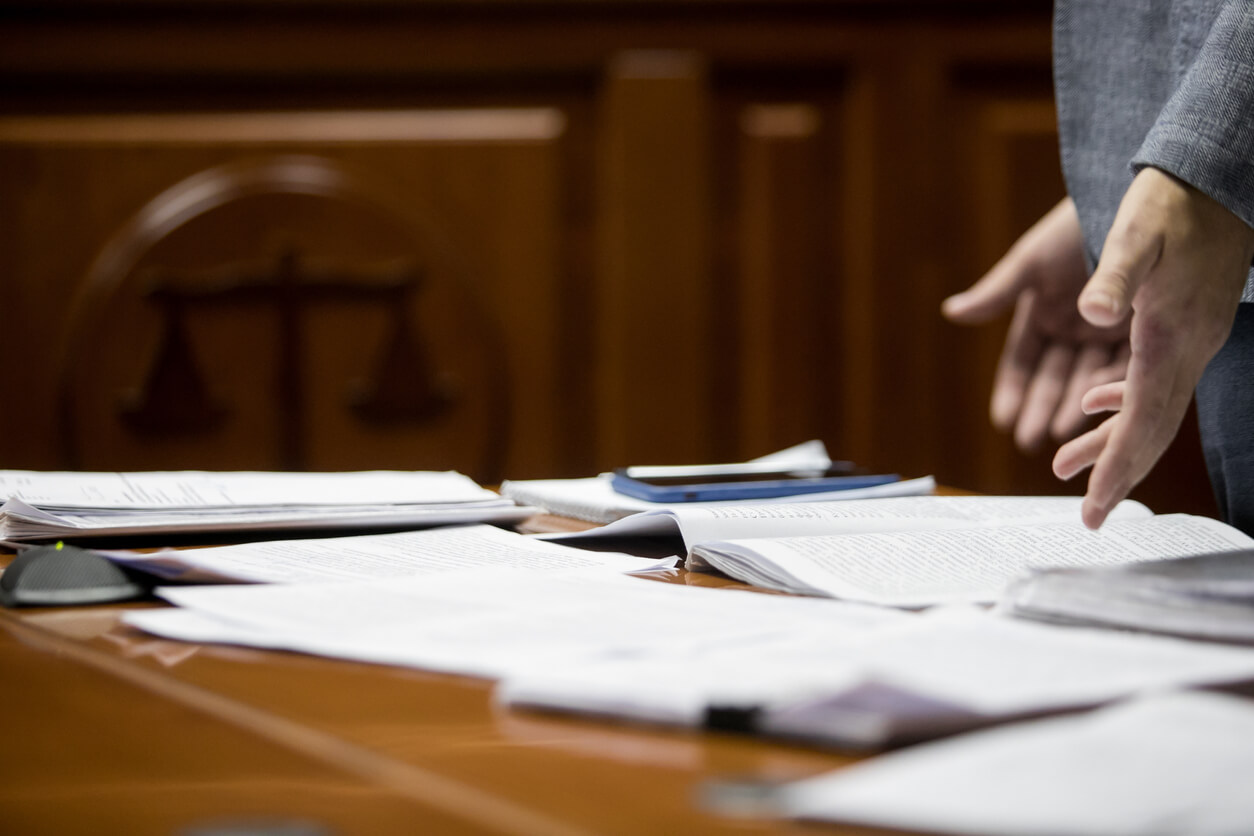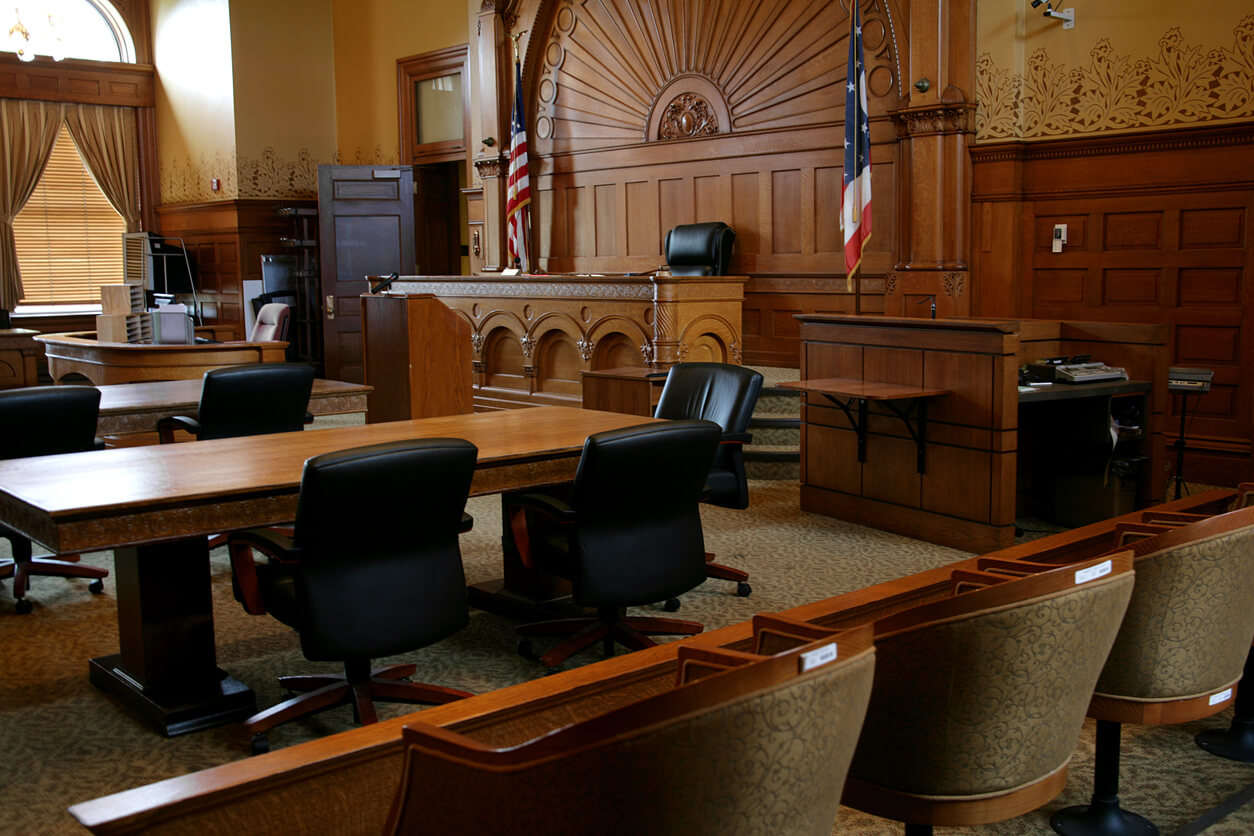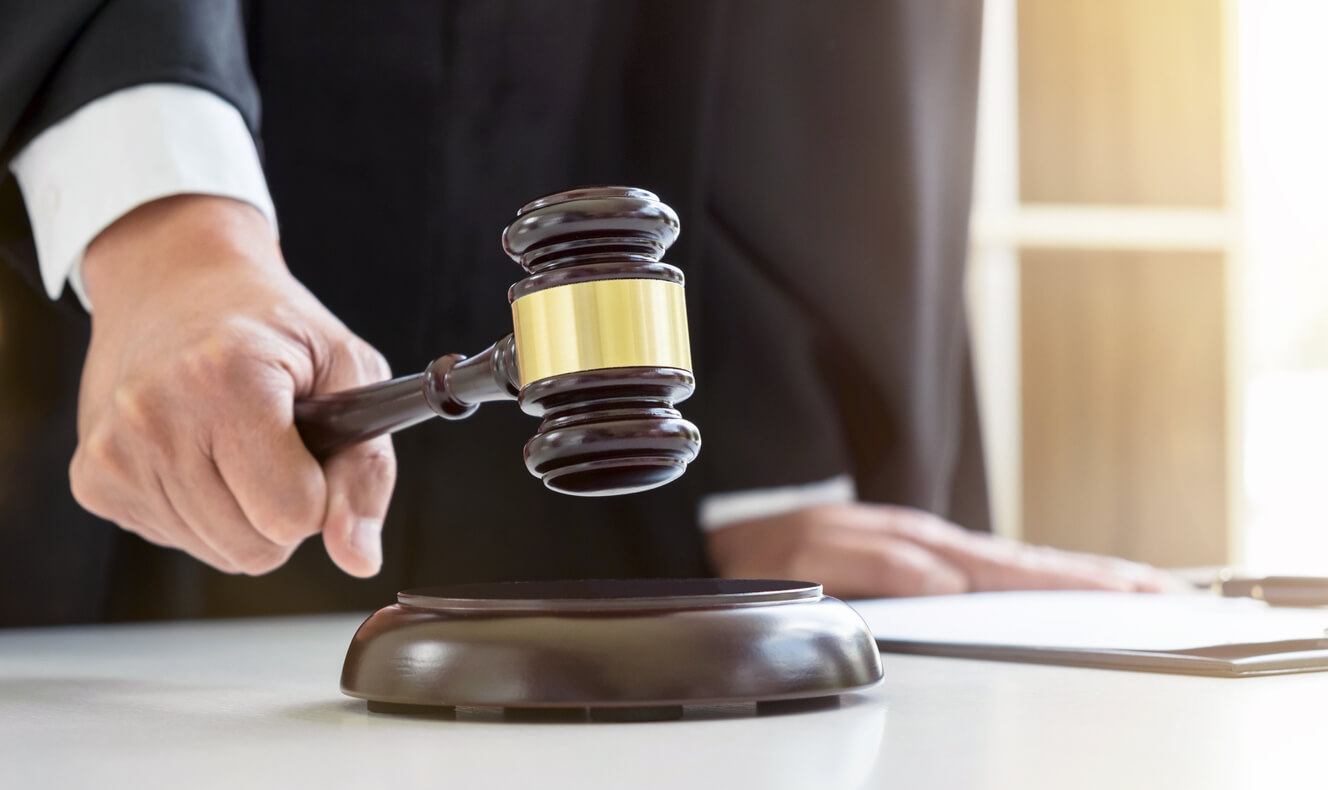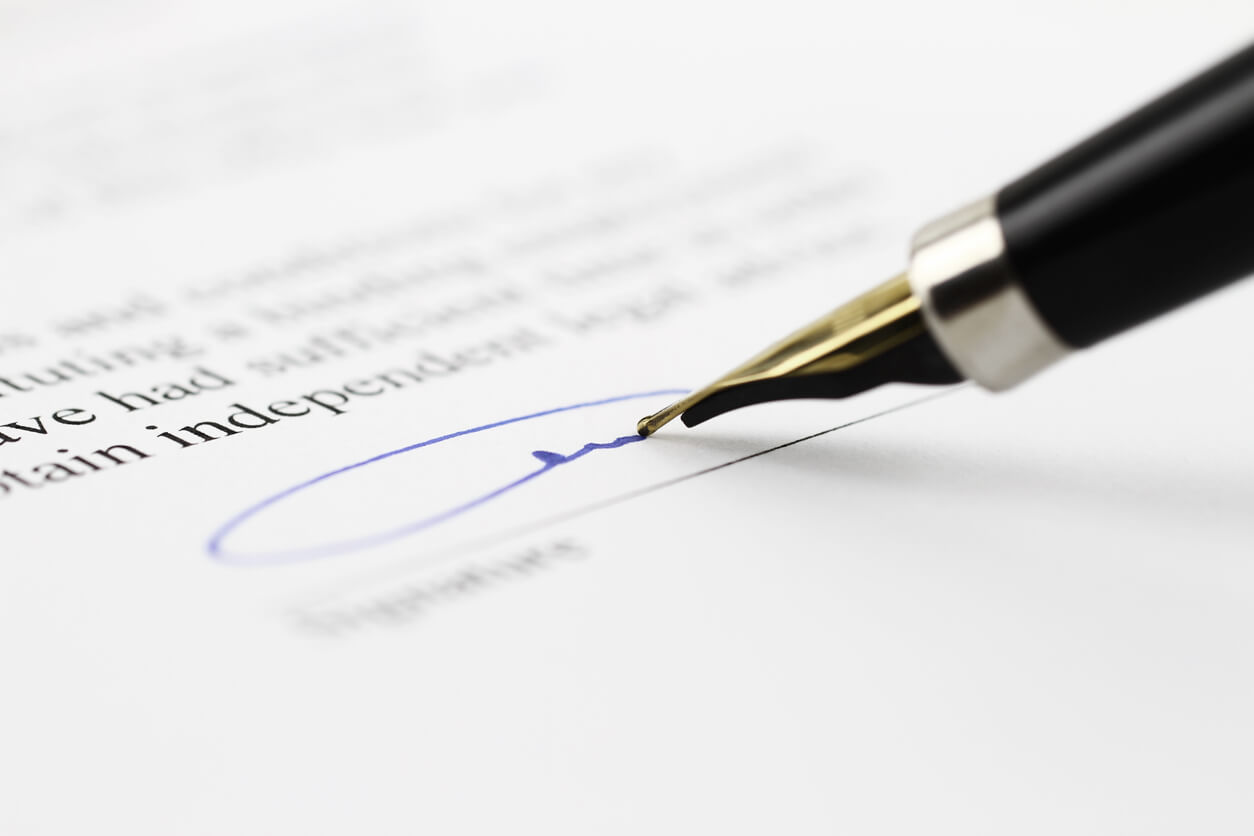Crimes are categorized based on the severity of the offense. At the top are felonies. Felony crimes are considered to be crimes of a very serious nature and the consequences for a felony conviction are correlated with the severity of such crimes. The New York legal code considers felonies to be those crimes that are punishable by death or a period of imprisonment exceeding one year in duration. New York is notoriously tough on crime and prosecutors will work tirelessly and with the full weight and resource of the government to secure felony convictions.
Those convicted of felonies stand to lose a great deal. Yes, they will face steep fines and extended periods of incarceration. Convicted felons also face the stigma of eventually being released into a society that will often view them with great mistrust and trepidation. Not only will a felony conviction on a person’s record jeopardize his or her employment prospected and housing options, but a convicted felon may have trouble even doing such things as opening a checking or savings account at a financial institution. On top of all of this, felons will lose certain civil liberties upon conviction. We will talk more about this loss or rights here.
What Civil Liberties Do Felons Lose?
While the specific civil liberties and right to restore civil liberties lost upon a felony conviction will vary from state to state, some rights will be lost forever and some may be restored. In the state of New York, a convicted felon will lose several of the rights and privileges that are granted to American citizens, also known as “civil liberties” or “civil rights.” For instance, the general rule in New York is that you can no longer vote after incarceration or while on parole or probation due to a felony conviction. Once you have completed your sentence, however, your voting rights are automatically restored. You will still need to re-register in order to get access to this restored right but doing so will not require any special documentation. This automatic restoration of a felon’s right to vote is very new to New York. In fact, Governor Cuomo signed the legislation that granted felons automatic restoration of the right to vote in all elections back on May 4th of 2021.
In addition to losing the right to vote, those with felony convictions in New York are also prevented from being able to legally buy and possess firearms. This right may be restored by a pardon. Alternatively, the right may be restored by a Certificate of Relief from Disabilities or Good Conduct. Otherwise, the bar on the right to purchase a firearm will stand indefinitely.
There are several other rights a person will lose upon conviction of a felony. For instance, he or she will no longer be able to sit on a jury. He or she will be excluded from welfare as well as being barred from obtaining federally funded housing. Those convicted of felonies also face exclusion from obtaining certain professional and operator licenses.
Criminal Defense Attorneys
You do not have to let a felony charge turn into a felony conviction. Too much is at stake to try and go it alone. Get the dedicated criminal defense team at CDH law on your side. We will fight for you. Contact us today.


